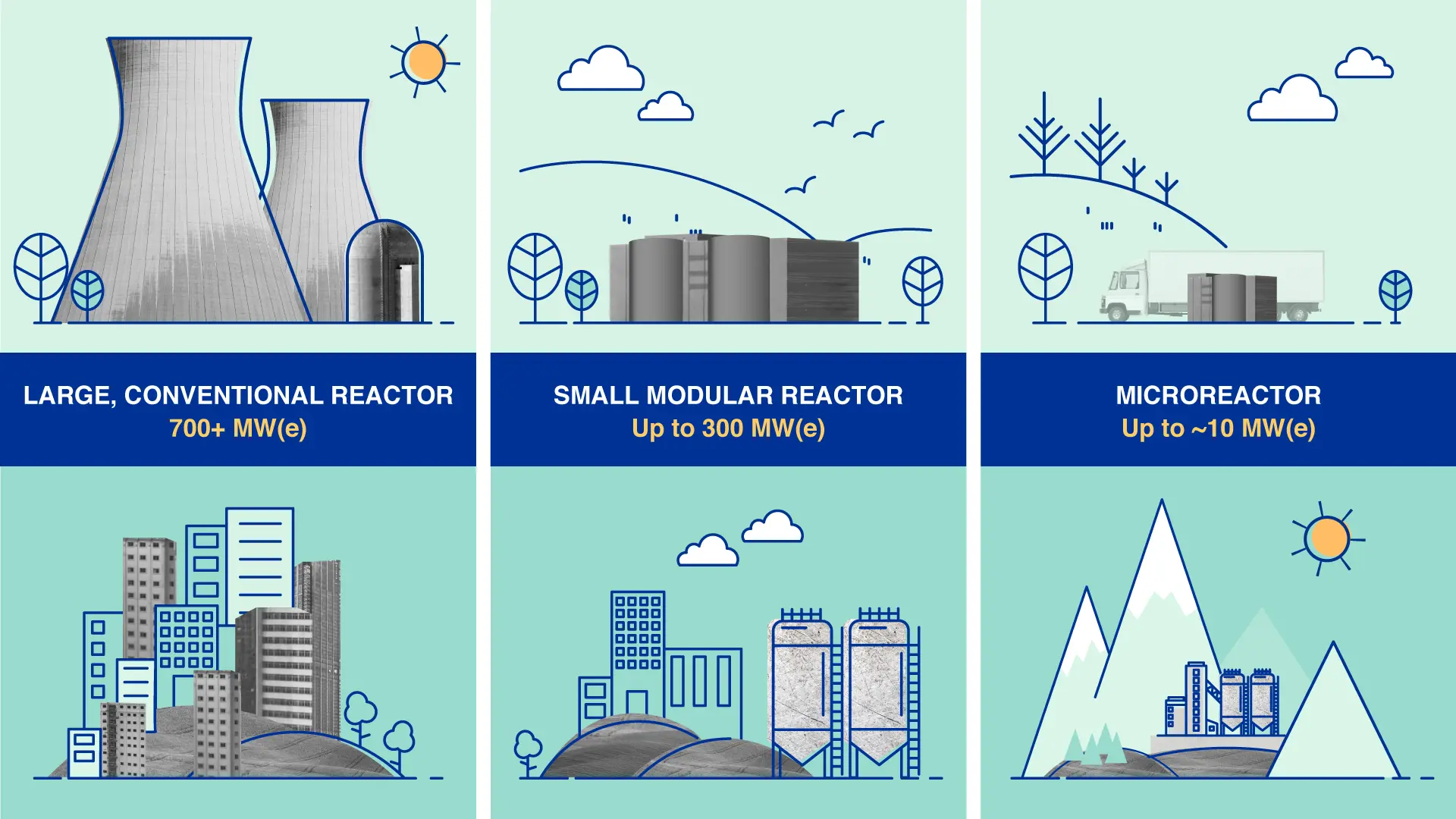I'm curious to hear people's takes on small modular reactors.

Exactly. I'm a dual national. The problem here in the UK is Middle England and other fuddy-duddies. They're myopic more than conspiratorial, although immigration is an area where they can sometimes venture into fantasy. The MAGA cult in the US is thoroughly unhinged.
Reminds me of something I heard someone say a few years ago (I can't remember who said it): Build statues of ideas, not people.
About 15-20 years ago, a friend of mine who teaches communication at a university told me of a study that I think of every time I'm in a store and see vague sustainability messaging on a product. The study had two types of milk containers, each with the same milk from the same producer, but one had a standard label and cap, while the other had green-coloured labelling and a meaningless phrase along the lines of "for a better tomorrow". The milk in the green, meaningless labels outsold the other one, even without making any actual claims. I think years of greenwashing BS have made people not trust claims of sustainability or eco-friendliness.
Another issue is hyperbolic discounting. Even if a more sustainable option saves money of the long run, people are generally bad at factoring in future savings.
And then there are pandemics among crops to worry about:
“Never again should a major cultivated species be molded into such uniformity that it is so universally vulnerable to attack by a pathogen,” wrote plant pathologist Arnold John Ullstrup in a review of the matter published in 1972.
And yet, today, genetic uniformity is one of the main features of most large-scale agricultural systems, leading some scientists to warn that conditions are ripe for more major outbreaks of plant disease.
“I think we have all the conditions for a pandemic in agricultural systems to occur,” said agricologist Miguel Altieri, a professor emeritus from the University of California, Berkeley. Hunger and economic hardship would likely ensue.
I started reading Ministry for the Future during last year's horrible heat wave in Britain. My wife is a care worker and we were worried she'd arrive at people's homes to find them dead. I had to stop reading because it was too real at the time. Thankfully non of her clients died during the heatwave.
As for mass causualty events, we've already had them—they just aren't reported as such. Until these deaths are explicity reported as such in real time, people (survivors) will still feel disconnected. Just look at how long it took to attribute this girl's death to air pollution.
Thanks, that's a great response. I think I'll try the Reader to start and then see where I feel pulled next based on that. Your breakdown is very helpful.
It's one of the things that infuriates me when I hear refusals to address climate change: the "business as usual" way of doing things entails externalising countless costs, meaning comparing costs is an apples-and-oranges endeavour.
Thanks, this looks great! I heard last year that Łódź, Poland was looking to do some interesting things across the city, too.